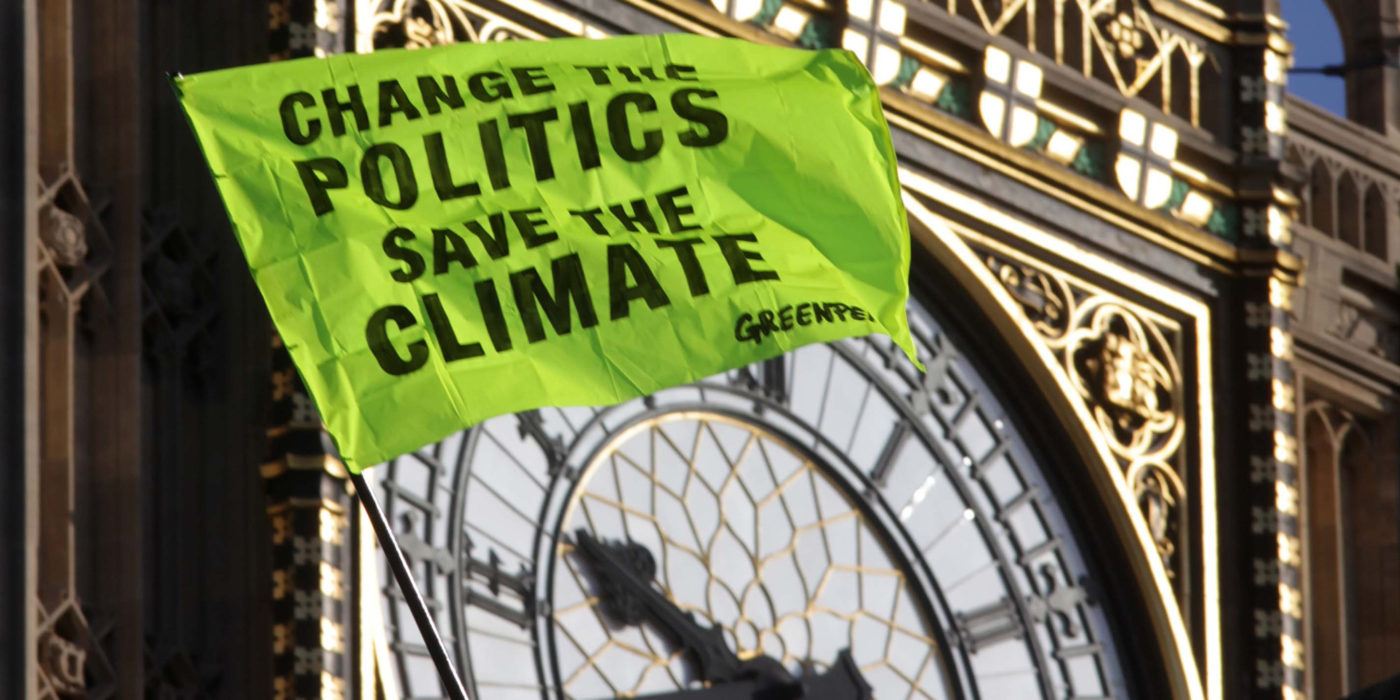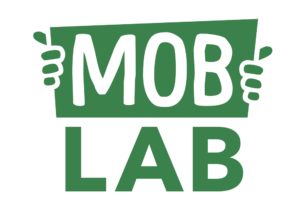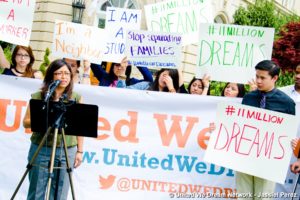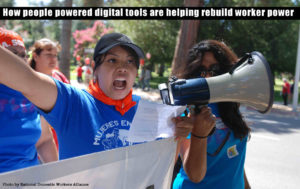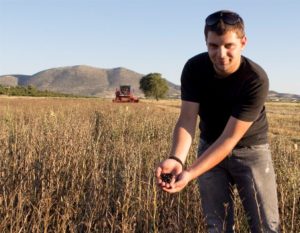What does mobilisation mean now, in the midst of Occupy, the Arab Spring and other current events? How has mobilisation at Greenpeace changed compared to 40 years ago when Greenpeace started or even compared to just a decade ago? What role will the digital realm play in campaigns from now on?
These are some of the questions we recently covered in a visit with Pascal Husting, the new International Programme Director at Greenpeace, to discuss the future of campaigns and how digital mobilisation is affecting Greenpeace. Pascal was most recently the Executive Director of Greenpeace France.
Video of the conversation is below, followed by some of our favorite excerpts.
The ideas Pascal shared — working with people, inspiring them to take independent action, and digital campaigns that build relationships so that people can take action offline — preview evolutions in how we think about campaigns and social change at Greenpeace and elsewhere.
* * *
What does mobilisation mean now?
Pascal: Mobilisation is nothing new. We have always been doing it. But now it is more scattered and not organized in the way we would do it but that’s the way it is. Greenpeace should be about campaigning with people.
As a campaigner, how do you have to think differently about campaigns?
Pascal: It is not what “we” think is right but about what the people we want relationships with think is right.We need to hook into the emotions, fears and anger of people.
It is not about us being the ultimate holders of the truth. It is about us working, being and living alongside people — people with different emotions at different times. It is about becoming relevant to them.
What does it feel like to be a Greenpeace supporter in five years?
Pascal: It’s not just about Greenpeace supporters. We should talk about all people who make decisions about their lifestyle which are aligned with ideas being spread by Greenpeace.
An important element of campaigning with people will be our capacity to let loose – to inspire people to take actions about their daily life, about political life, about networking with friends and community. We must let loose and take the risk that people will be independent but we will have triggered a dynamic that makes positive change.
Freedom, independence and letting go. Those are words often associated with the Internet, technology and digital campaigning. What role will the digital realm play in our campaigns?
Pascal: It was the French philosopher André Gorz who said that “the Internet is the last space of freedom that is left on Earth.”
I think what this means is that the Internet provides us today with the means to instantly network all around the world. The Internet is a way of organizing people. The Internet is a way of putting people into relationships with each other.
Finally, a big lesson of the Arab Spring, is that then action will take place offline.
Categories:
organising, mobilising and engagement